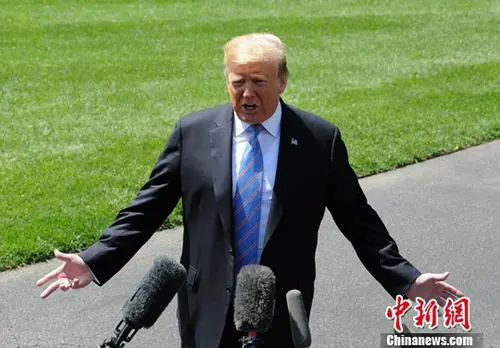By APD writer Wang Peng
The curtain of 25th APEC Economic Leaders’ Meeting held in Da Nang, Vietnam ended falls, with great achievements and expectations all over Asia-Pacific region and the world. This summit gathered 21 heads of economies, as well as more nearly two thousand decision makers, entrepreneurs, celebrities and top scholars. More than a hundred bilateral or multilateral agreements on trade and economic cooperation have been signed during this event, and the widely-expected Joint Communique of the Forum was released. Undoubtedly this is an enormously successful forum, a milestone in the history of APEC. However, the Long March just begins, in which the formidable challenges lay ahead.
Xi Jinping’s ‘four points’ pointing out the future of APEC and world economy
On November 10th, Chinese President Xi Jinping’s keynote speech titled “Seizing the Opportunity for World Economic Transformation, Seeking Greater Development in Asia-Pacific” has won a long applause from the audience at the Summit of Business Leaders.
President Xi Jinping has pointed our four major trends in the further development of APEC, as well as the world economy.
First, a profound change in growth momentum and innovation-driven development have become the core and key to the world’s economic restructuring and development.
Second, the profound transformation of the global development mode and the realization of a more comprehensive, more quality and more sustainable development have become the common goals pursued by the international community.
Third, profound changes have taken place in the course of economic globalization, with greater emphasis on openness and inclusiveness in its ideology, a more balanced orientation on the issue of inclusiveness and a fairer and ‘win-win’ effect on its effects.
Fourth, a number of common recognitions have become the inevitable trend of global economic governance in the new situation, including but not limited to: the profound transformation of the global economic governance system, the adherence to multilateralism, the seeking of business for building and sharing, the establishment of close partnership and the construction of ‘a community with a shared future for mankind’.
China led APEC to enter the ‘new era’
China has cooperated with APEC for a long time. APEC was established in 1989. After nearly 20 years of development, it has become the highest level, the most extensive and most influential economic cooperation mechanism in the Asia-Pacific region and has also become an important platform leading the opening up, common development and innovation in the Asia-Pacific region.
In 2001, for the first time, China hosted the APEC meeting and passed the important documents such as the “Declaration of Economic Leaders of APEC” and “Shanghai Consensus”, which effectively promoted the APEC cooperation process.
In October 2013, President Xi Jinping went to Bali, Indonesia for the first time to attend the APEC Leaders’ Informal Meeting. He stressed that in the context of the lack of momentum in the world economic recovery, the Asia-Pacific economies should take the courage to take the lead in the world and promote the development of innovation and growth. He strongly backed up the benefits of integration of open-style economic development and brought the light to the darkening winter of world economy.
In November 2014, China once again hosted the APEC meeting to launch the historic process of the Asia-Pacific Free Trade Area. China is constantly developing its cooperation with other Asia-Pacific countries and at the same time continuously benefits the Asia-Pacific countries in its own development.
This year, President Xi Jinping’s attendance at the 25th APEC Informal Leadership Meeting was the first time that the Chinese leaders attended the international multilateral conferences since the 19th National Congress of CPC and gained wide public attention.
After the successful 19th NPC, China has entered a ‘new ear’ of the Great National Rejuvenation. So will be APEC, as well as the broader Asia-Pacific region. That is because now comparing with other parts of the world, this region enjoys a privilege of international security, social stability and economic vitality. In addition, China with its growing national strength and determination to maintain multilateralism and economic globalization will make new and larger contribution to the growth of APEC and the world.
Wang Peng
is the Research Fellow at the Chahar Institute and China Institute of Fudan University.
(ASIA PACIFIC DAILY)
 简体中文
简体中文

